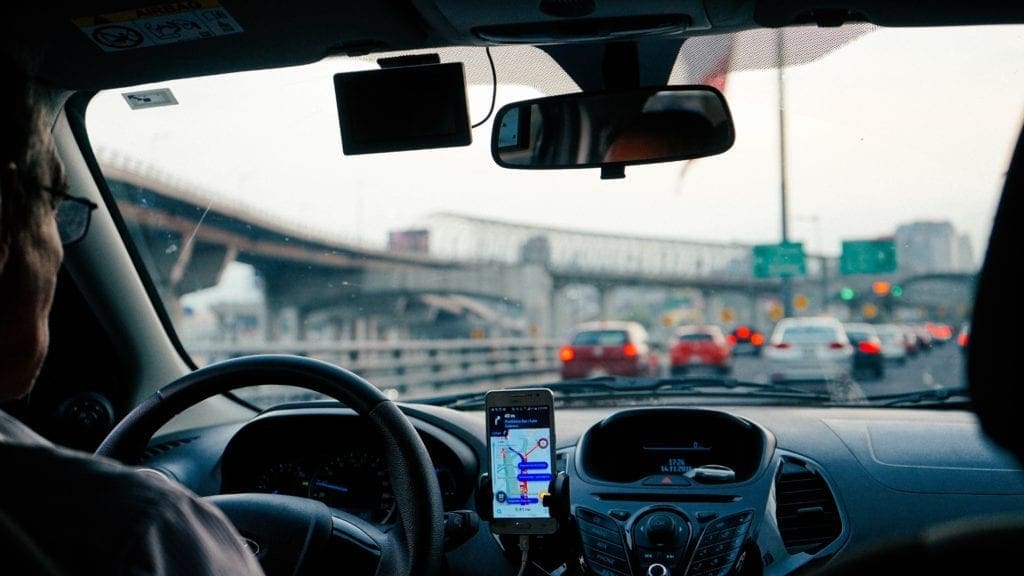A series of strikes and protest amongst drivers who contracted with either Lyft or Uber popped up between Los Angeles and San Fransisco last week.

The issue at hand is the status of the drivers – a status they feel doesn’t reflect the reality of their day to day lives. Now, labor groups and politicians are using this growing dissatisfaction with the two big ridesharing companies to try and push them into changing their entire business model.
The premise behind both Uber and Lyft is quite simple. You have your day to day job, or maybe you’re in-between jobs, and you need an easy way to get some extra spending cash so, at the same time, you can adjust your own preferences such as when and where you drive to based off what suits you best.
These ride-sharing services were supposed to be just that, an easy way for people to make quick money giving someone else a ride.
However, the growing number of Uber drivers ranging from cab drivers to folks who prefer to drive for these companies full-time has skyrocketed since their inception, and now these full-time drivers want to be treated as full-time employees instead of just contractors; as in contractors who don’t receive any type of employee benefits like contractors in other industries.
Everyday freelancers and independent contractors in various industries find themselves in situations such as these full-time drivers. They don’t get vacations or paid sick days, they don’t get overtime pay, there are no healthcare benefits other than what they provide themselves.
You don’t see contractors in other fields using app-based services such as Freelancer, Fiverr, or Upwork complaining about a lack of benefits.
By changing the business model of Lyft and Uber in order to accommodate people that have misused and distorted its purpose, you would, in essence, cause massive issues for regular folks who activate their ridesharing app to drive customers irregularly, as these apps were intended to be used as, for irregular drivers.
While there are some areas of concern, the primary issue brought on by the protesting drivers is collective bargaining. It makes no sense to seek collective bargaining rights for an organization who was not supposed to be your full-time employer when you consented to drive for them.
By attempting to push this collective bargaining pill down the throats of Uber and Lyft, you are therefore about to systematically eradicate the enterprise which was earning you money in the process. Therefore, these protests will harm Uber, Lyft, and other app-based services thus harming consumers and contractors in the end.




















